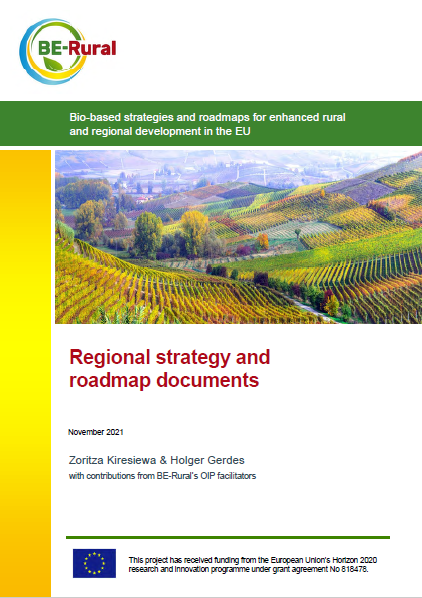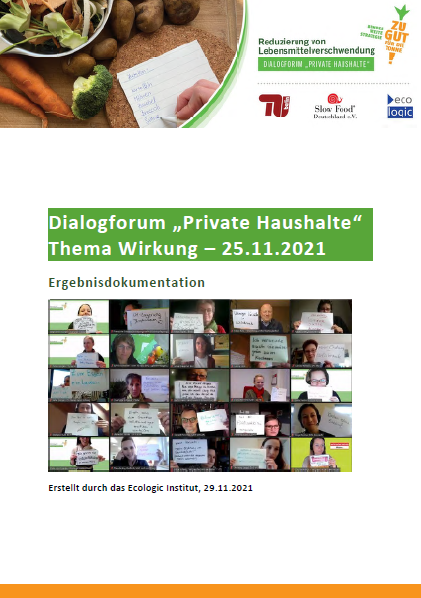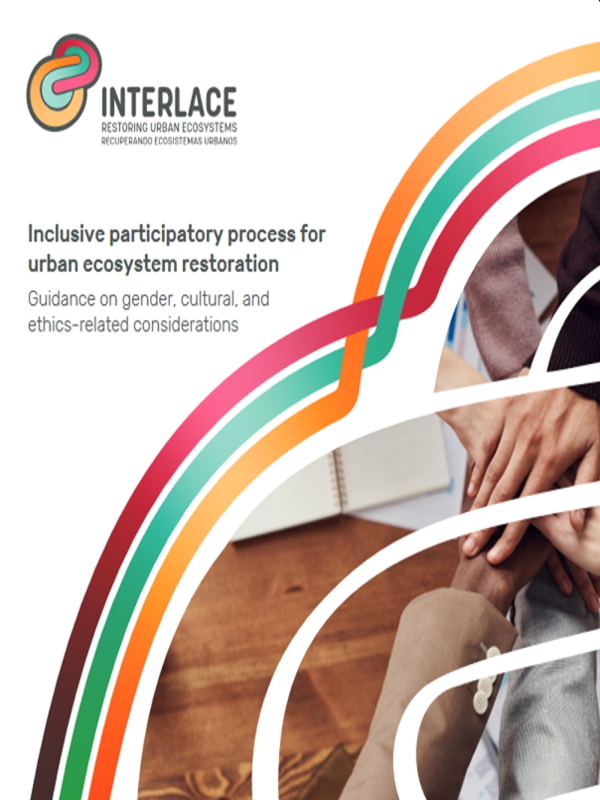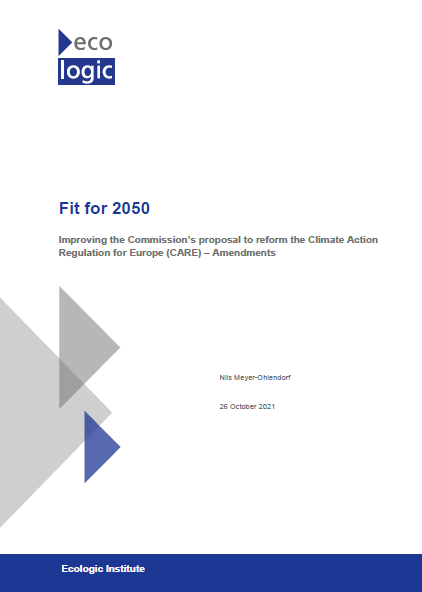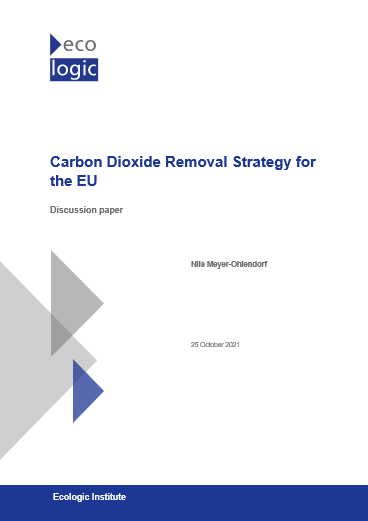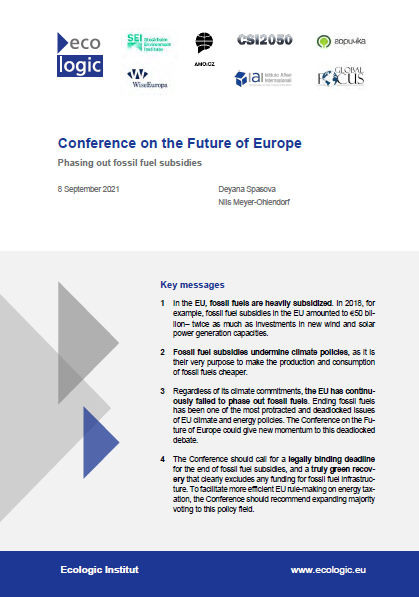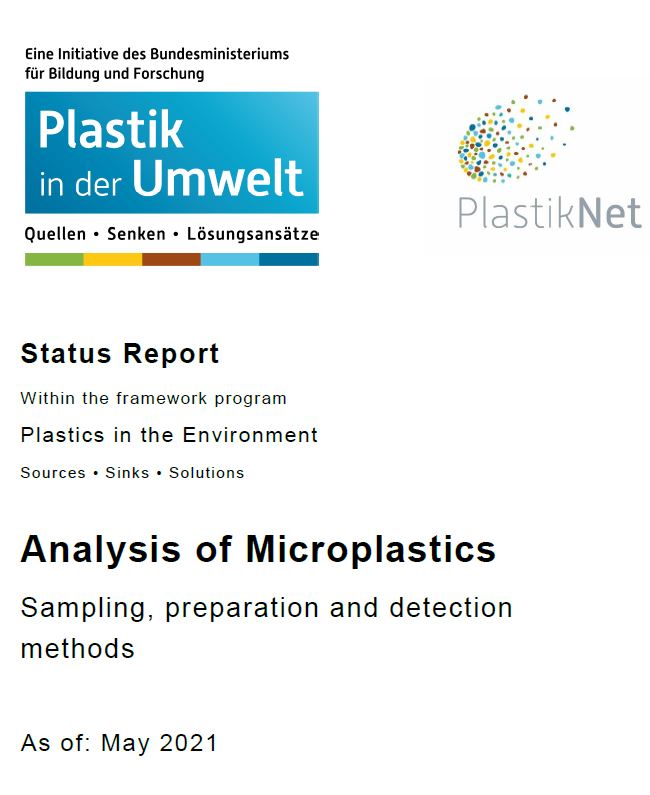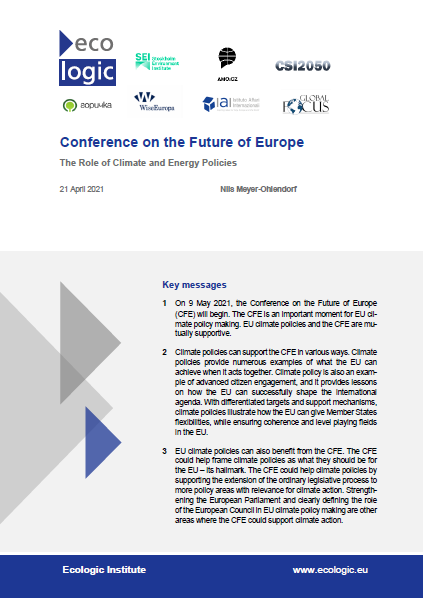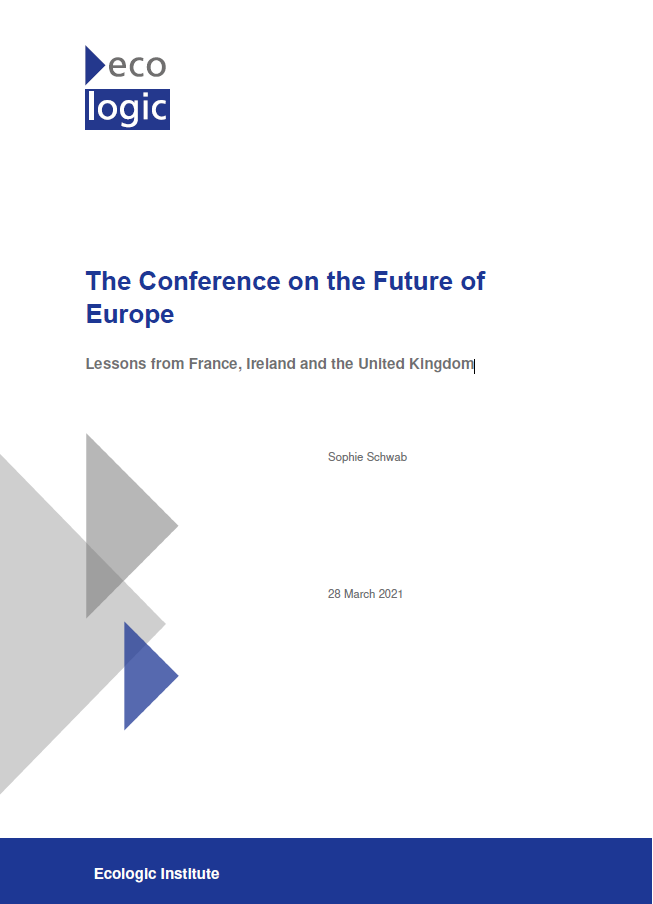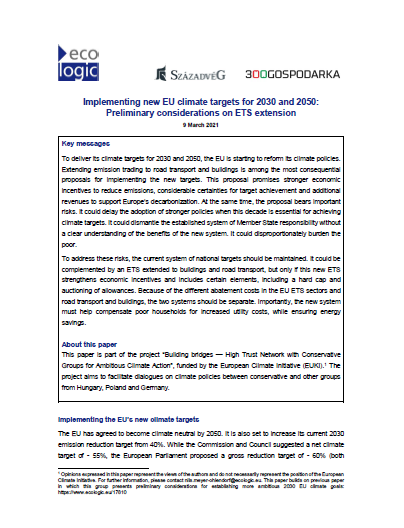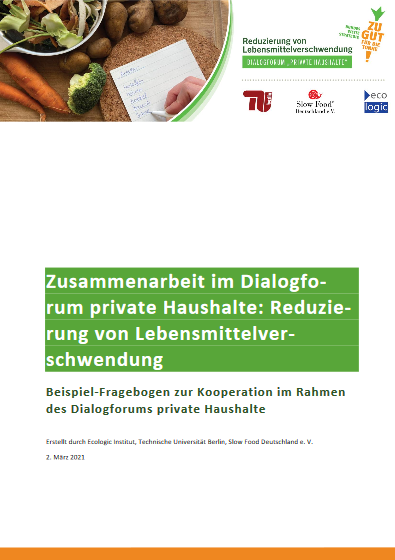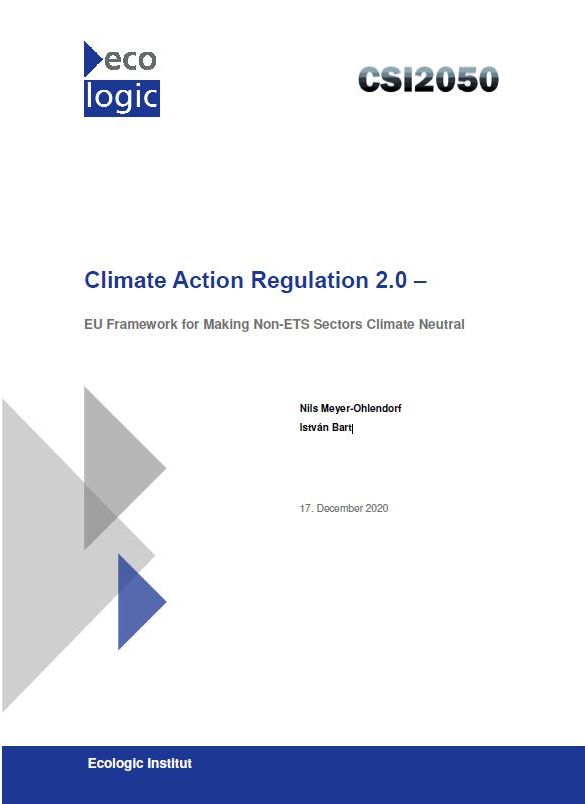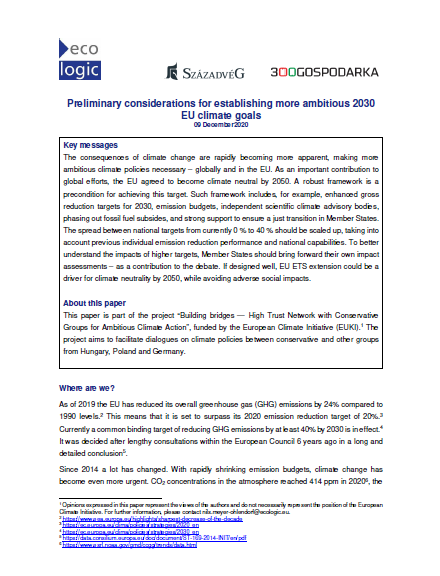Publication:Document
Publication:Document
Regional Strategy and Roadmap Documents
Deliverable 5.3 H2020 research project BE-Rural
Year
Read morePublication:Document
Publication:Document
Inclusive Participatory Process for Urban Ecosystem Restoration
Guidance on Gender, Cultural, and Ethics-related Considerations
Year
Read morePublication:Document
Publication:Document
Publication:Document
Publication:Document
Publication:Document
Publication:Document
Publication:Document
The Conference on the Future of Europe
Lessons from France, Ireland and the United Kingdom
Year
Read morePublication:Document
Implementing New EU Climate Targets for 2030 and 2050
Preliminary considerations on ETS extension
Year
Read morePublication:Document
Publication:Document
Climate Action Regulation 2.0
EU Framework for Making Non-ETS Sectors Climate Neutral
Year
Read morePublication:Document

